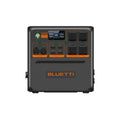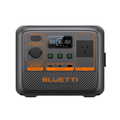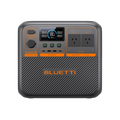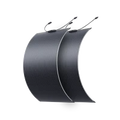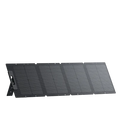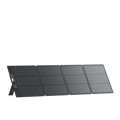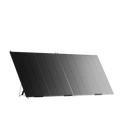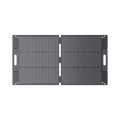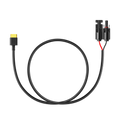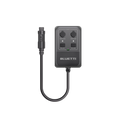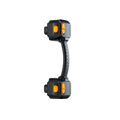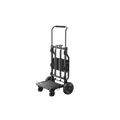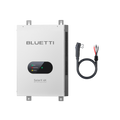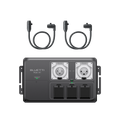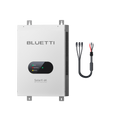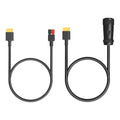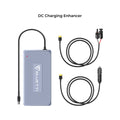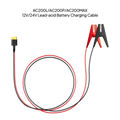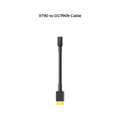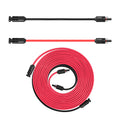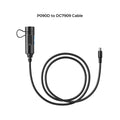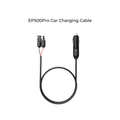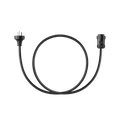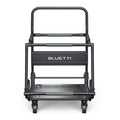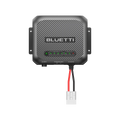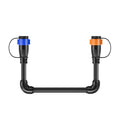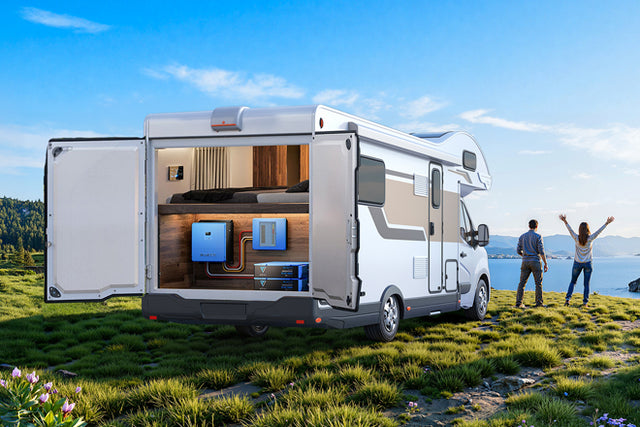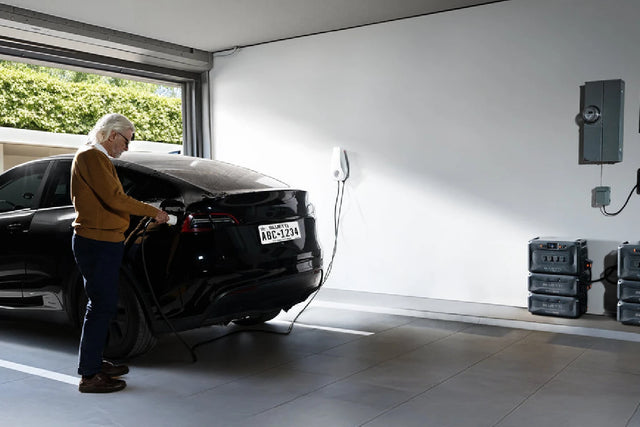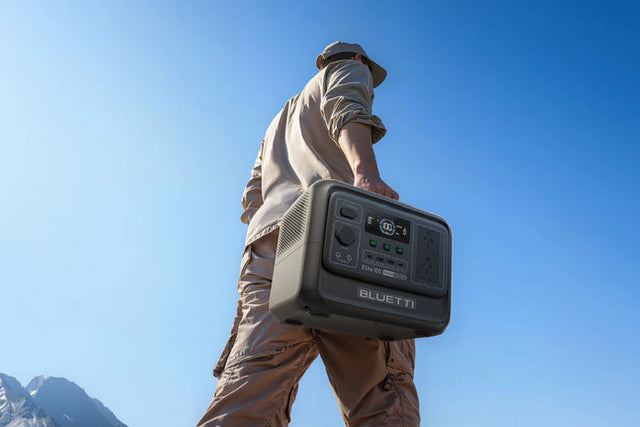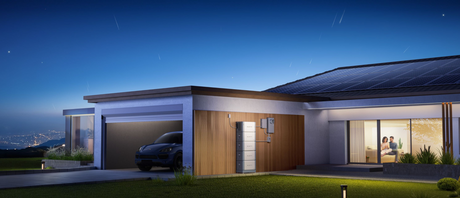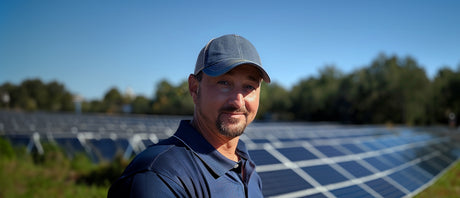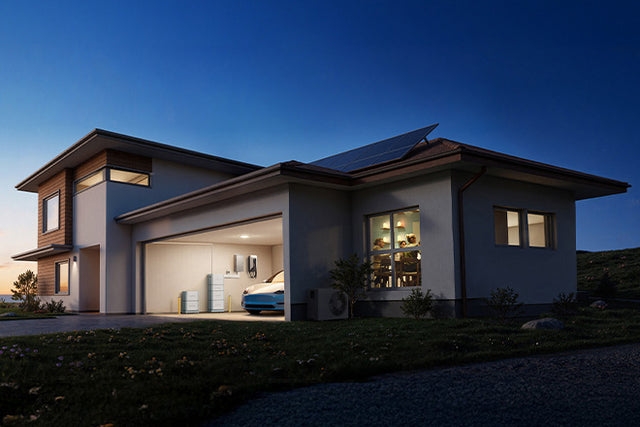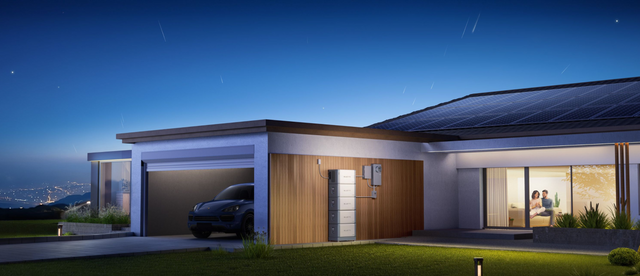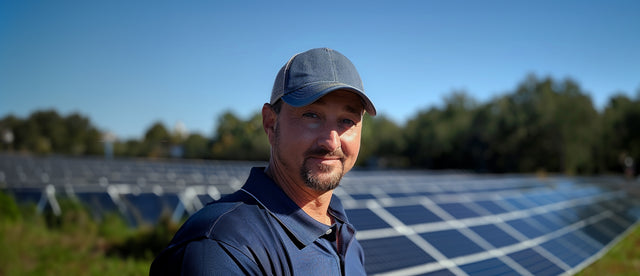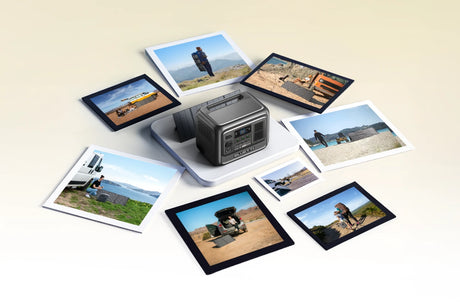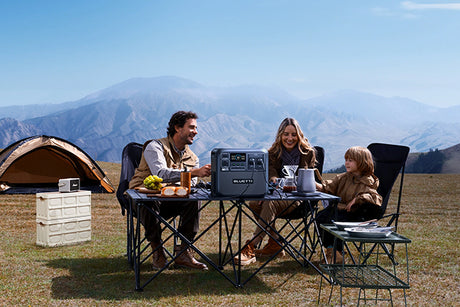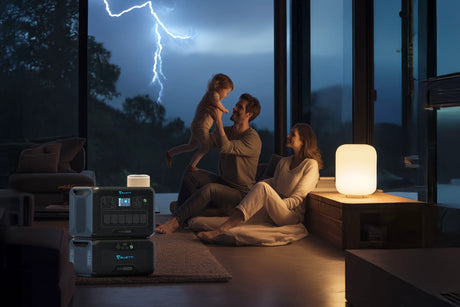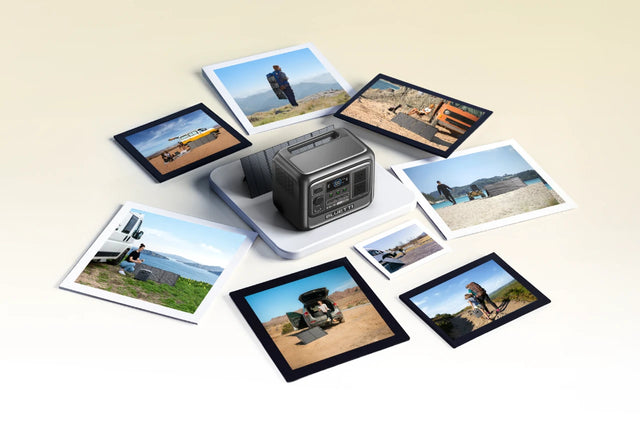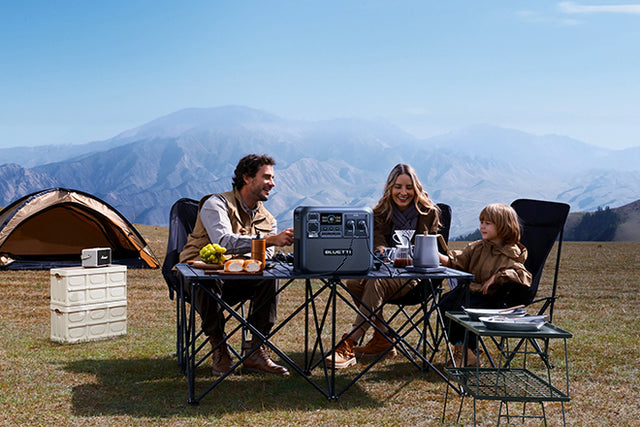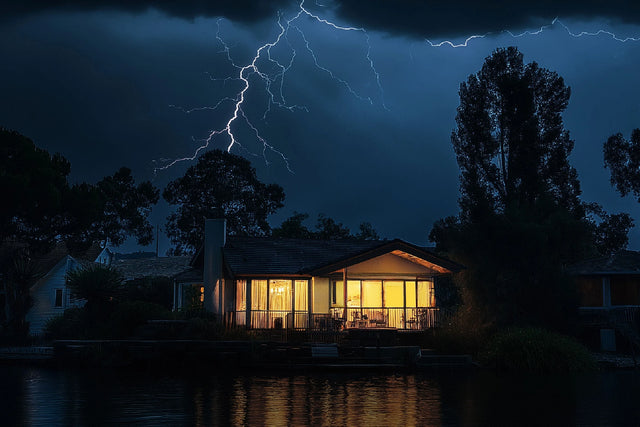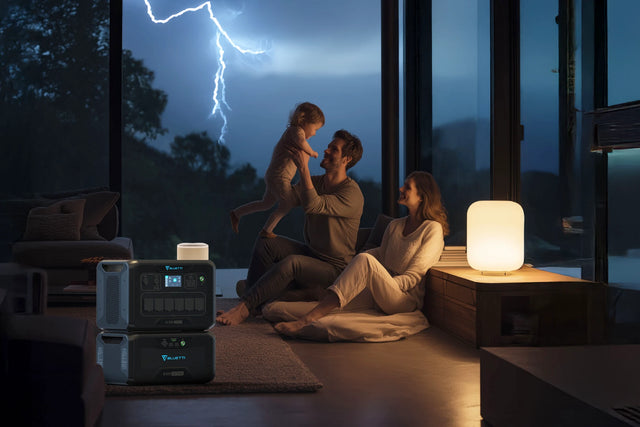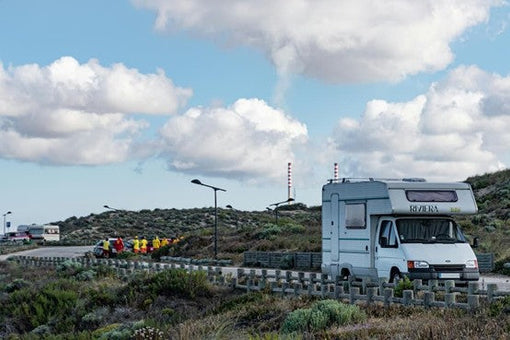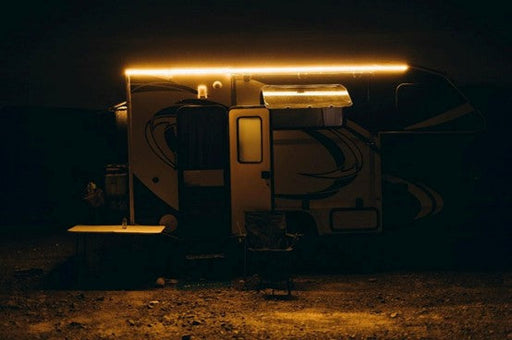Solar panels offer an incredible way to harness the sun's power and save money on your bills. But do you know? Over time, dirt, dust, and debris can accumulate on the surface of solar panels. This creates a barrier that prevents sunlight from reaching the solar cells. The sunlight struggles to get through, and your panels can't work as hard as they could.
To avoid such circumstances, it is advisable to clean solar panels to boost their efficiency and ensure they work efficiently without any hassle.
In this blog, we will discuss everything you need to know about cleaning solar panels. Keep reading!
Why Solar Panels Need Cleaning
After prolonged usage, the panels get dirty and contaminated. If not appropriately managed, this buildup will degrade power production and increase utility bills. Here are the reasons you need to clean solar panels:
Power up your savings
Dirty panels can even decrease their performance by up to 35%! This means the panels are not getting the maximum use of solar power, which is reflected in high electricity bills. Routine cleaning ensures they consistently perform at the maximum in the long term, helping you save money.
Warranty woes
Certain solar panel warranties require evidence of daily cleaning to remain valid. Without documentation of these cleanings, you could be liable for the repairs or replacements of anything that goes wrong under your roof. Check your warranty policy to ensure waterless washing or routine cleaning is advisable to avoid any later (expensive) trouble.
Cleanliness matters during rain
Even if you are from a rainy region, it doesn't mean every rainwater is the ultimate cleanser. It can collect dust and debris during its fall and eventually accumulate on your panels. The screen is not able to shade sunlight and increase the performance.
Factors Influencing Solar Panel Efficiency?
You now have a better idea about why solar panels need cleaning. Let's have a closer look at the factors that can cause hindrance to your sunshine power:
-
Dust and dirt
These small film elements on your panels block the sunlight and reduce the light absorption rate. If left uncontrolled, a thin layer of dust can drastically affect even the best productivity.
-
Pollen paradise
Spring is the time for exquisite flowers, but it is also the period of uninvited pollen showers. The same sticky yellow dust that clings to the panels may also impair their efficiency.
-
Bird droppings
The acidic nature of the bird droppings can ruin the smoothness of your panels if you fail to deal with them on time. Besides that, the bird droppings are often hard to remove and require extra care during cleaning.
-
Environmental grime
Depending on where you live, the panels could be contaminated by industrial pollutants, salt spray (for the coastal region), or even fallen leaves. Considering everything, these environmental factors can cause dirt to accumulate.
Steps Needed to Clean Solar Panels
Ready to begin the cleaning process? Here's what you'll need:
- A long hose with a gentle spray nozzle
- A soft-bristled brush
- A bucket filled with lukewarm water
- A squeegee for stubborn marks
- Safety gear: Sturdy shoes with good grip and gloves
Now let's discuss the steps included in the solar panel cleaning
Step 1: Brush the dust using a soft brush.
Manual cleaning is the best and most effective method of cleaning solar panels. Waterless sprinklers are exciting because they use the most advanced technology. Nevertheless, the cost of buying waterless sprinklers is considerably high.
Using a soft brush to dust the solar panels is straightforward. The bristles used to clean the panels should be maintained. Anything complicated can cause the dishes to crack.
This involves neighbours living away from the city, so they will use less water to dust the solar panels.
Step 2: Spray clean with a water hose.
A water hose can clean the solar panels; be careful with the water pressure. To adjust the water pressure, use a nozzle.
The right water temperature should be checked before cleaning the panel. Water and solar panel temperatures should not vary by more than one degree. Extreme temperature variation may cause the glass to shatter.
You can regulate the water needed, so using a water hose to clean the panels is an easy and conventional option.
Step 3: Use the water and soft brush to rub over any dirty areas gently.
To preserve the solar panel's cleanliness, it is necessary to brush away any dust carefully.
If all that remains is dust, use a soft brush to clean the panels' surface and then use water to clean the area.
Water spray does not clear the dirt from bird droppings. Try washing the droppings with mild soap.
In this regard, you must know the chemicals that may react negatively.
Step 4: Track the solar output to gauge the cleaning effect.
You can assess the efficacy of the cleaned solar panels after washing them with the appropriate tools and taking all the safety precautions.
The cleaning process is considered adequate if the panel produces the necessary electricity quantity and operates as intended.
But sometimes, dirt gathered on solar panels may not come off as quickly if you don't clean them often or if you clean them after a long period. For this, it is necessary to contact a specialist.
Remember that positioning the panels in locations that receive direct sunshine will maximise their efficacy.
Tips for Maintenance of Solar Panels
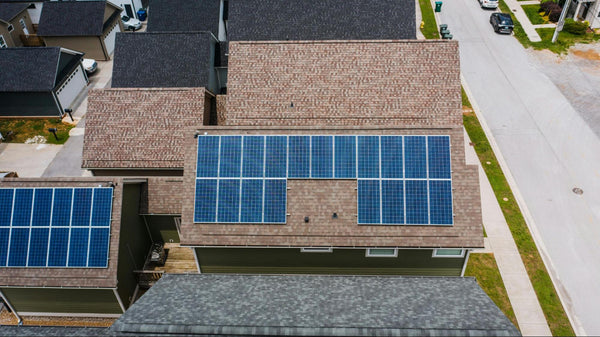
Now that your panels are gleaming, let's talk about how to keep them that way for longer. Here are some handy tips:
Frequency of Cleaning
Rinse your panels on average every six months.
Location Matters
The place you stay has a huge impact. If you live in dust storms or busy roads, the panels will get dirty faster than people in clean and rural areas. Take notice of the panels and change the cleaning schedule based on the environment in which you're located.
Keep Equips Ready and Be Gentle
Always have solar panel cleaning supplies handy, such as brushes, wipers, etc. Dip a sponge brush in water and gently rub the panels. It is better not to use scrubbing, as it might damage the panels. Intense rubbing will damage the panels' surface.
Additionally, before the panels are wet, one should avoid cleaning them through any method because these particles may cause scratches on the panels.
Avoid Strong Chemicals
Don't ever use strong chemicals or detergents on solar panels. This could indeed decrease the solar panels' lifetime.
Precautionary Tips
While cleaning, always use a strong ladder and keep your safety in mind. If you're afraid of working at heights, you can always ask a friend for assistance.
Take caution when cleaning the roof. For sure, the roof is likely to get slippery. Therefore, it would be appropriate to cover halters and safety equipment.
Choose a cloudy day to clean. Direct sun rays can heat the panels, and the water evaporates too quickly, resulting in streaks.
How to Clean Portable Solar Panels?
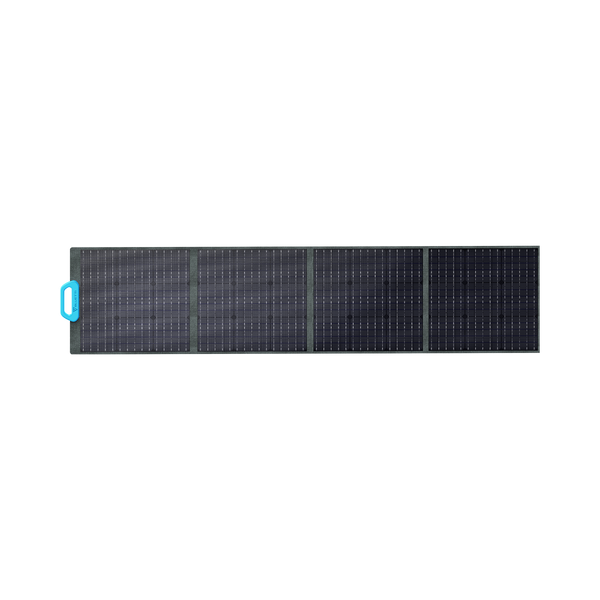
When you use portable solar panels such as BLUETTI PV120 Solar Panels, make sure to disconnect the cables before cleaning. Also, turn it off and then start cleaning. You can clean portable solar panels with cold water at low pressure. Also, you can use a wet cloth to clean the surface of panels without affecting the surface. These solar panels are built with monocrystalline solar cells, allowing the solar panel to convert up to 23.4% of sunlight into solar energy to power your campervan. The IP65 junction box and ETFE coating of PV200 make it withstand water splash and scratches. So, cleaning them regularly will increase their lifespan while providing power in remote areas.
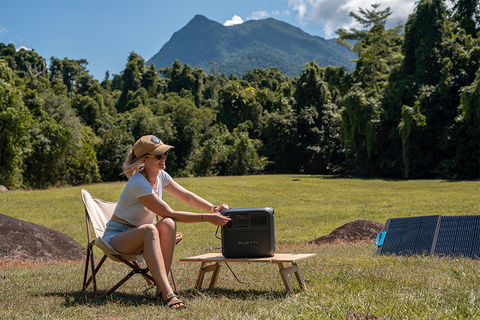
Are you wondering where to buy the best solar system for camping or travel? If yes, then BLUETTI is the best option for you. BLUETTI AC180 Solar Portable Power Station is specially designed for both indoor and outdoor spaces. AC180 has a capacity of 1,152Wh and offers a continuous output of 1,800W. Moreover, its super-fast charging speed and portable design make it best for camping power needs.
Conclusion
In conclusion, dirty solar panels can significantly reduce electricity output. It can result in higher energy costs and a shorter life for your panels. Increase the efficiency of your solar panels by putting in some time and effort to clean and maintain them.
By following these simple procedures and keeping your solar panels clean, you can ensure they operate at peak efficiency for years. Each solar system is different, so the duration of a professional cleaning session will vary. Generally, a residential system will take a few hours to clean, while it can be longer for larger commercial installations.
Remember that clean panels are associated with happy panels, which equals more solar power for your home!


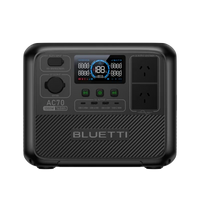
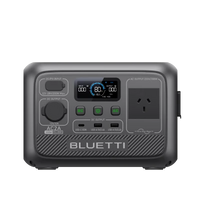
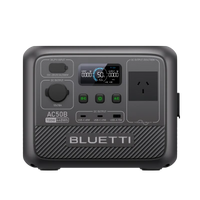

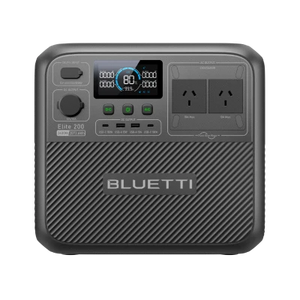
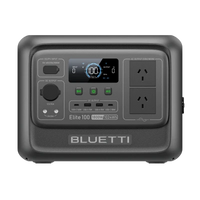
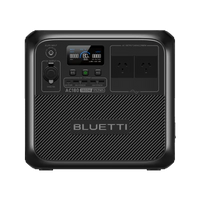
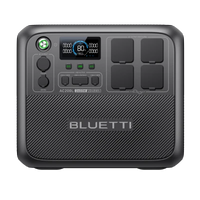
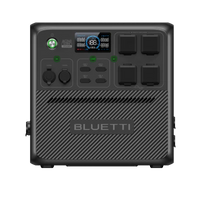
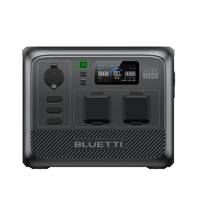
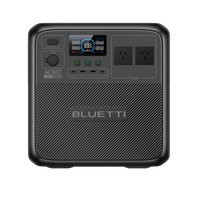


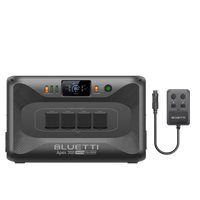

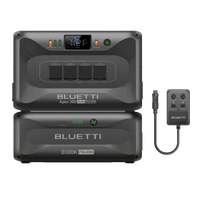
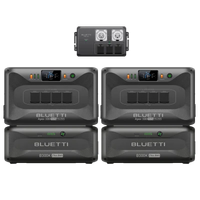
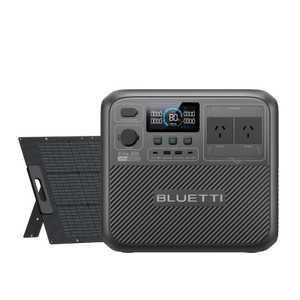
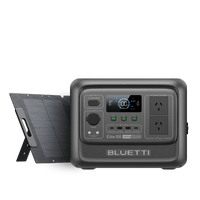
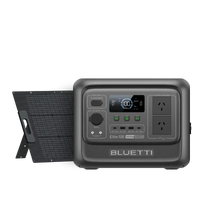
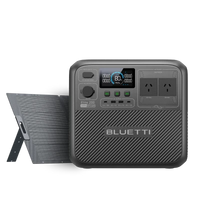
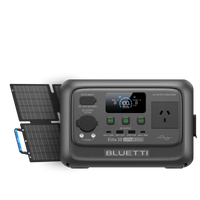
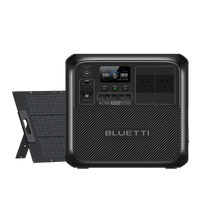
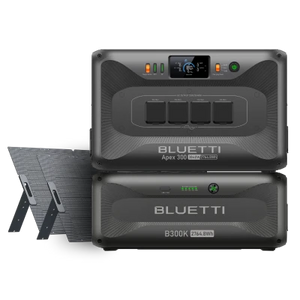
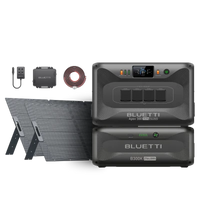
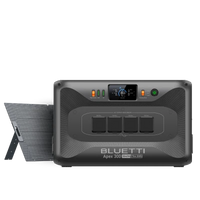
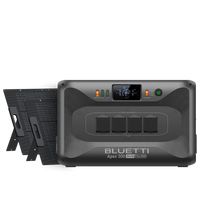
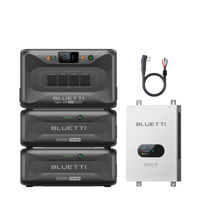

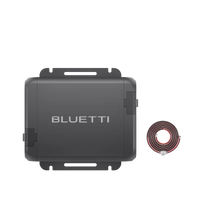
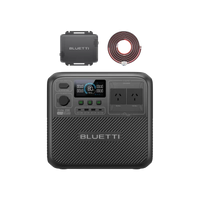
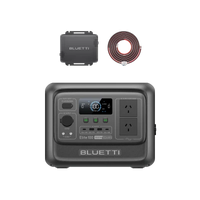
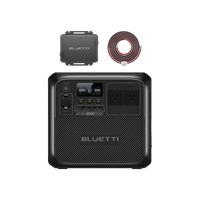
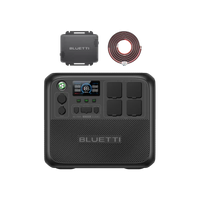
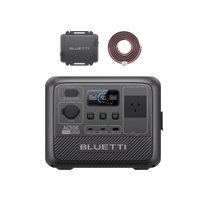
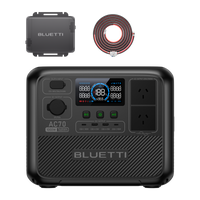


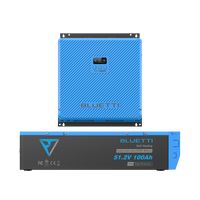
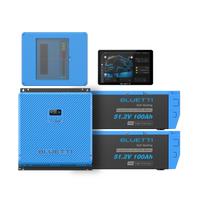
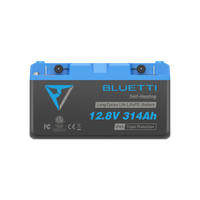
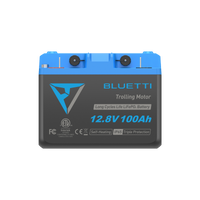
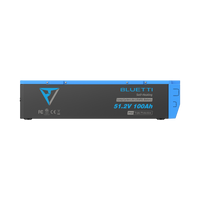
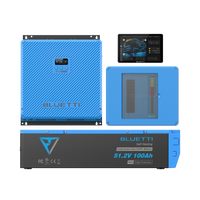
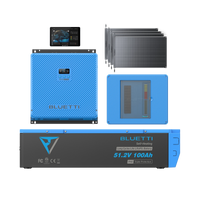
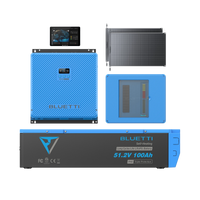
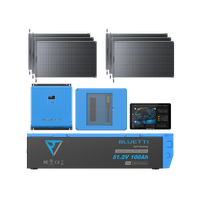
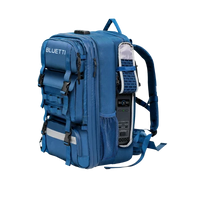
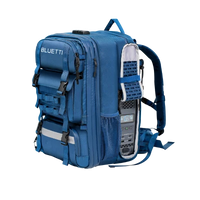
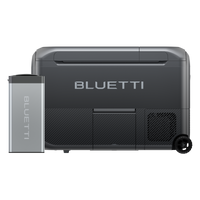
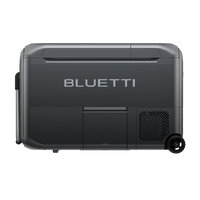
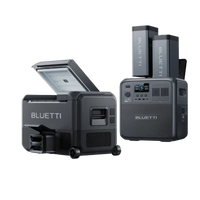
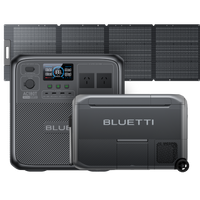
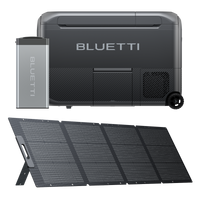
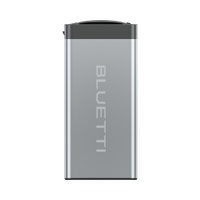
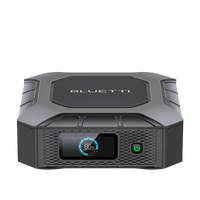
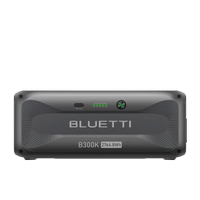

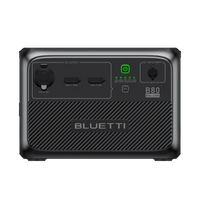
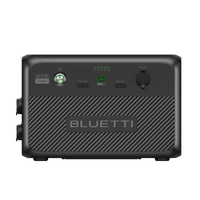

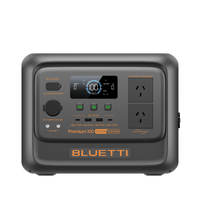
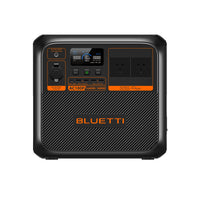

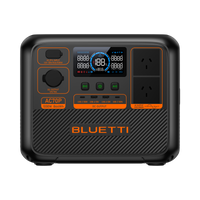
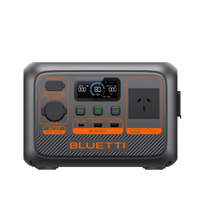
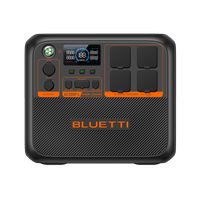
![[Phased Out] BLUETTI B80P Expansion Battery | 806Wh](http://www.bluettipower.com.au/cdn/shop/files/202310025B80P_2000-2000px_4_4caa0c1c-4dab-4272-9e9b-2b7507e5bd81.jpg?v=1713777870&width=200)
![[Phased Out] BLUETTI B210P Expansion Battery | 2,150Wh](http://www.bluettipower.com.au/cdn/shop/files/2_08cf9ef3-03a4-4489-b641-d3edb8094896.webp?v=1716016566&width=200)
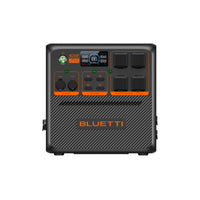
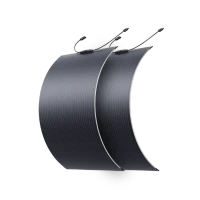
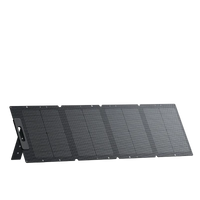
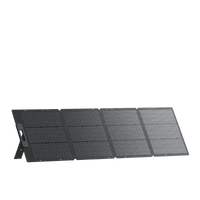
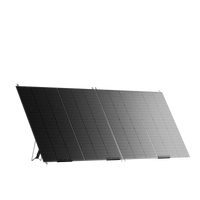

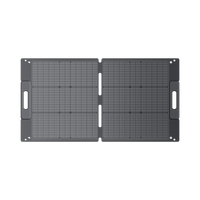

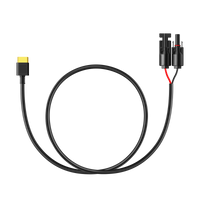
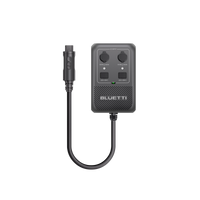
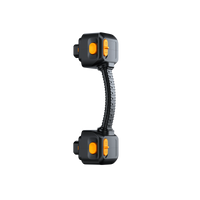
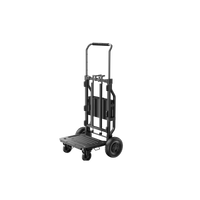
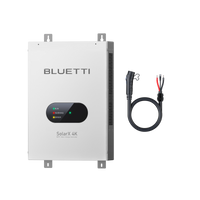
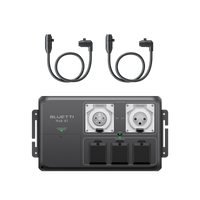
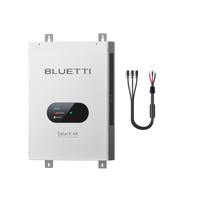
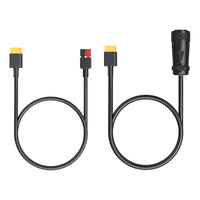
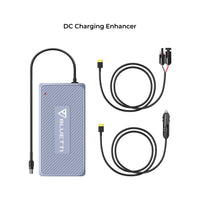
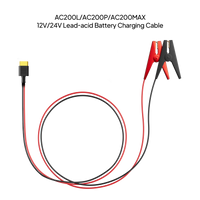
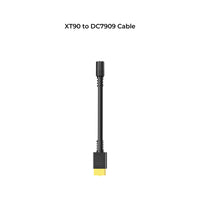
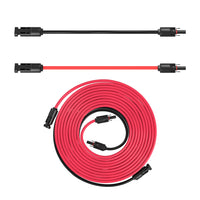
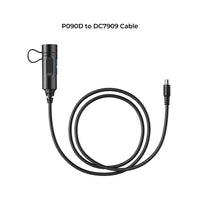
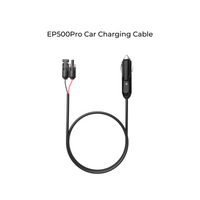
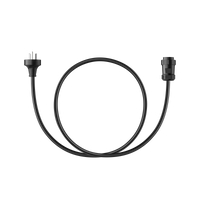
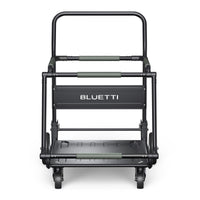
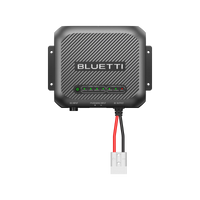
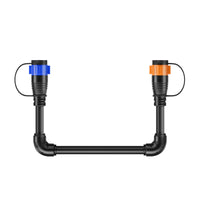



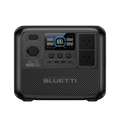
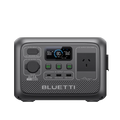
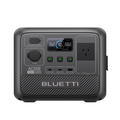


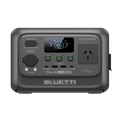
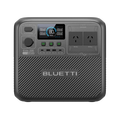
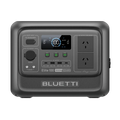
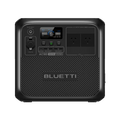
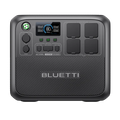
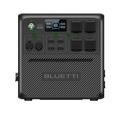
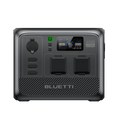
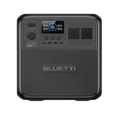


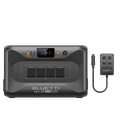

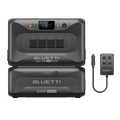
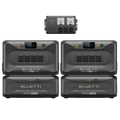




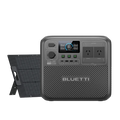
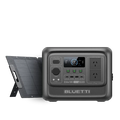
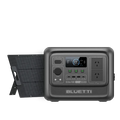
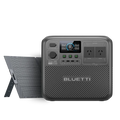
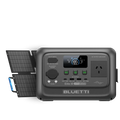
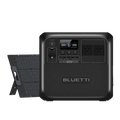
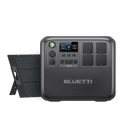
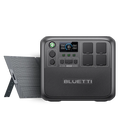




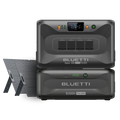
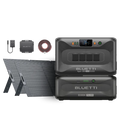
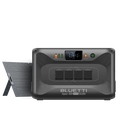
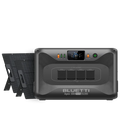
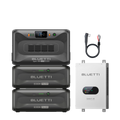

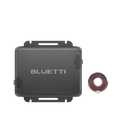
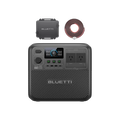
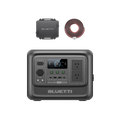
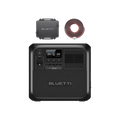
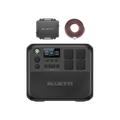
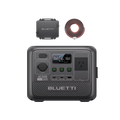
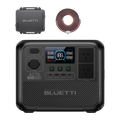
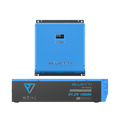
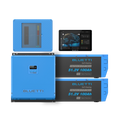
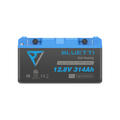
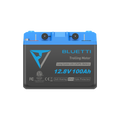
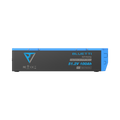
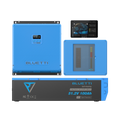
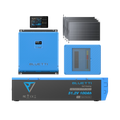
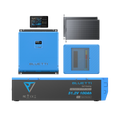
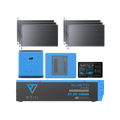
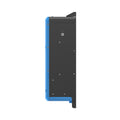
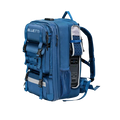
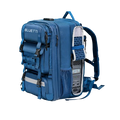
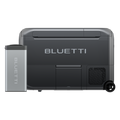
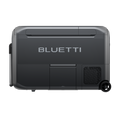
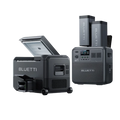
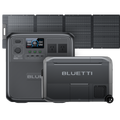
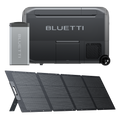
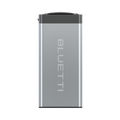
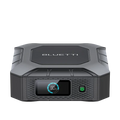
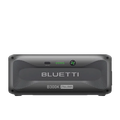

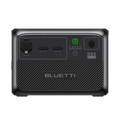
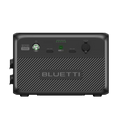
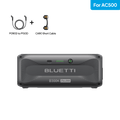
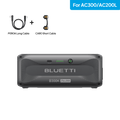
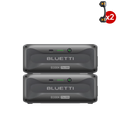
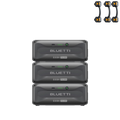




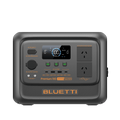
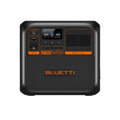

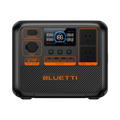
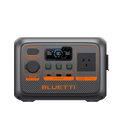
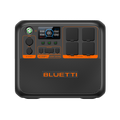
![[Phased Out] BLUETTI B80P Expansion Battery | 806Wh](http://www.bluettipower.com.au/cdn/shop/files/202310025B80P_2000-2000px_4_4caa0c1c-4dab-4272-9e9b-2b7507e5bd81.jpg?v=1713777870&width=120)
![[Phased Out] BLUETTI B210P Expansion Battery | 2,150Wh](http://www.bluettipower.com.au/cdn/shop/files/2_08cf9ef3-03a4-4489-b641-d3edb8094896.webp?v=1716016566&width=120)
